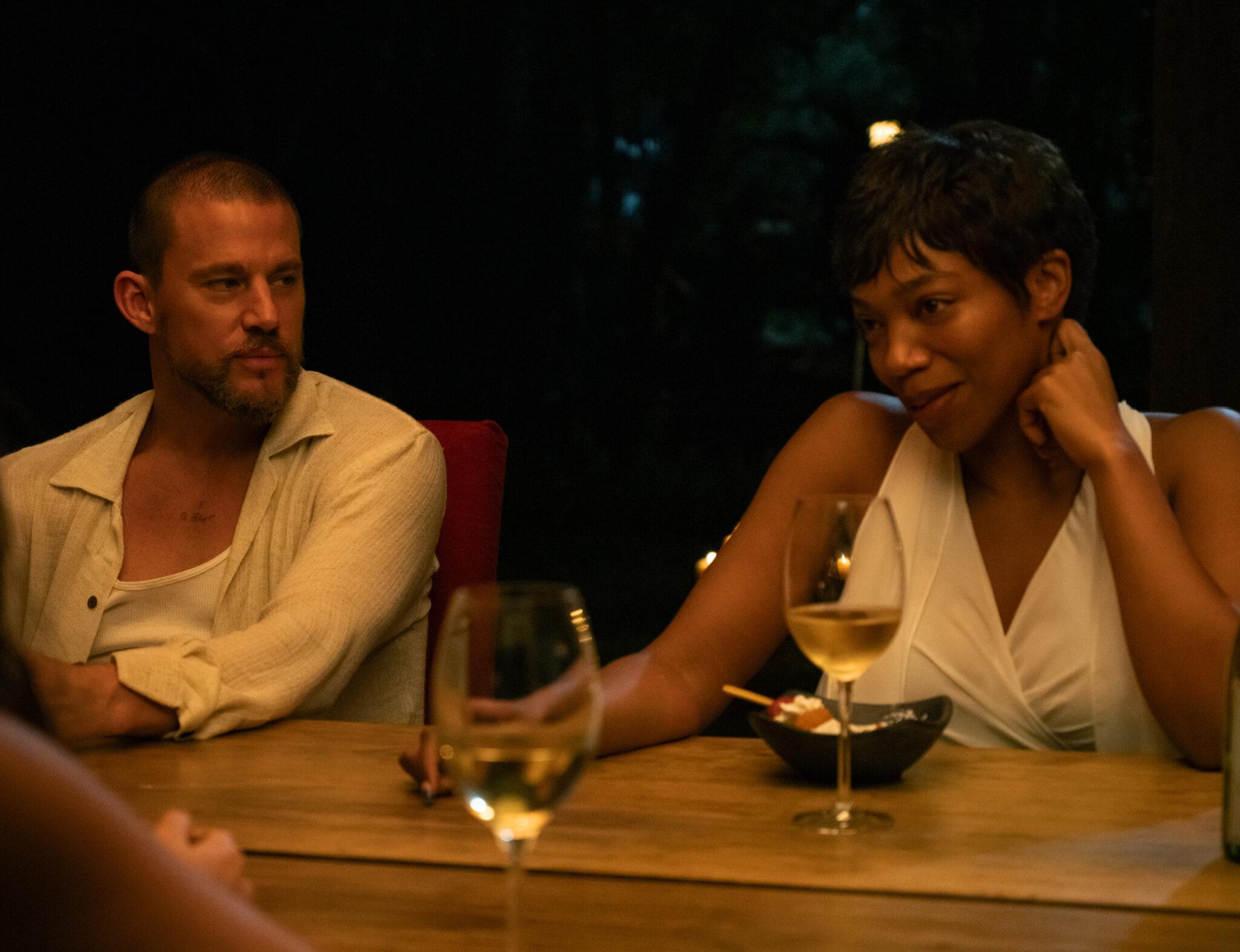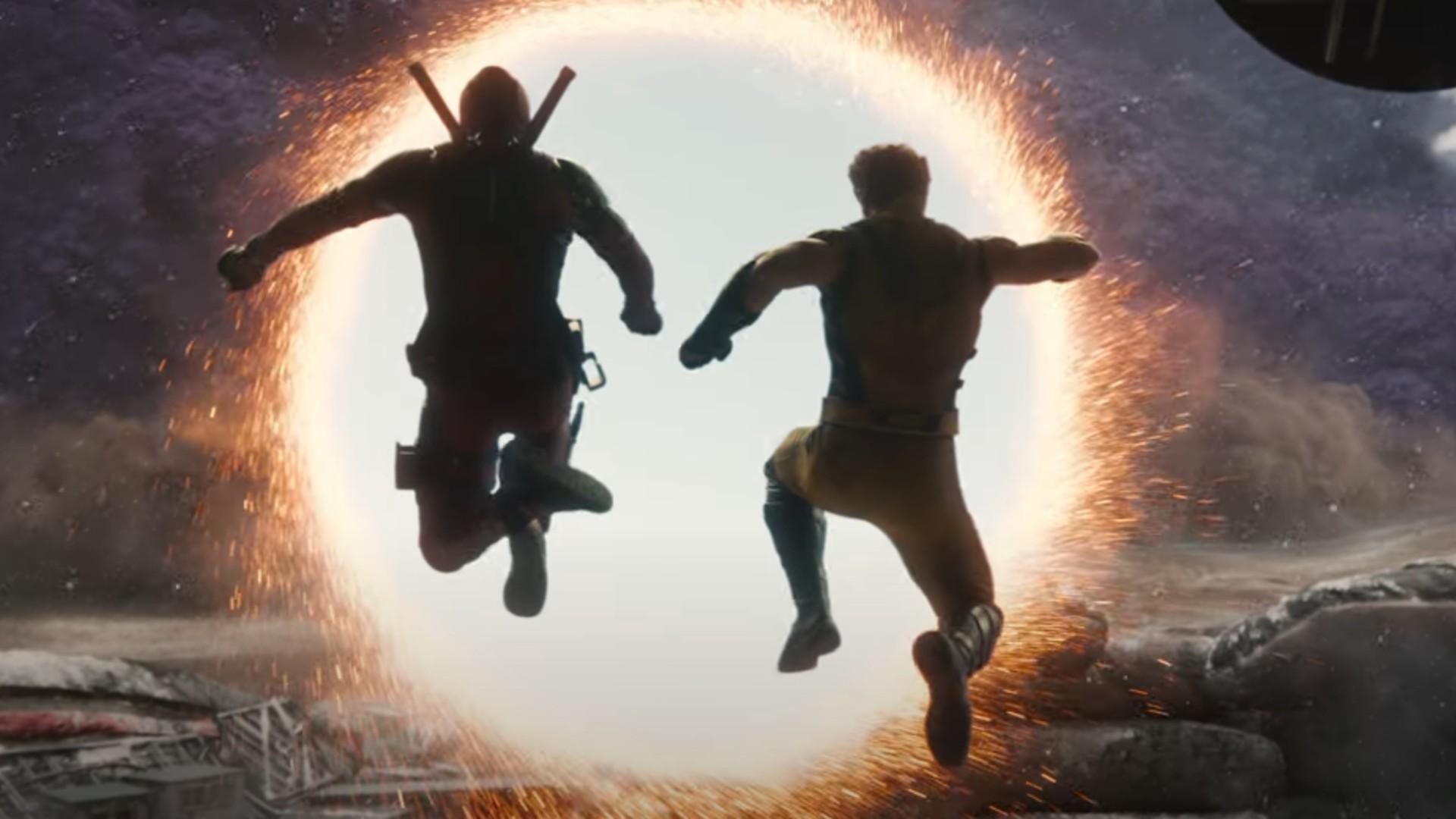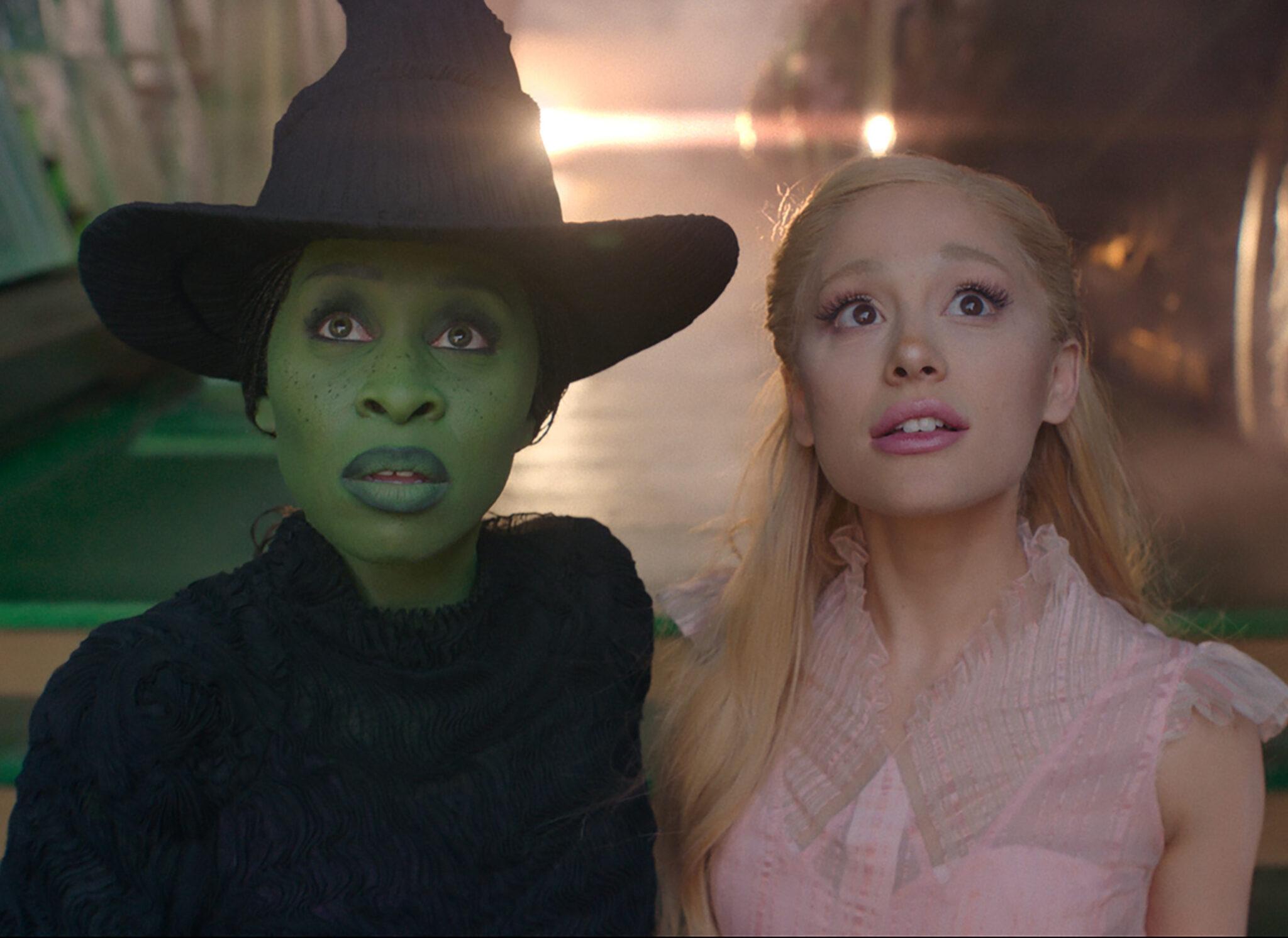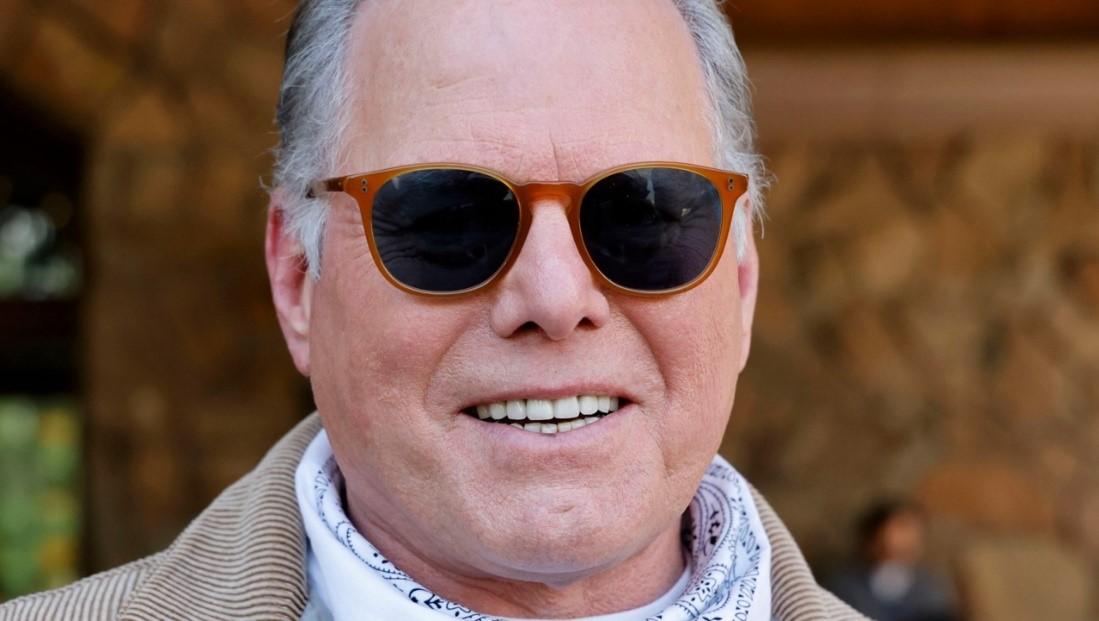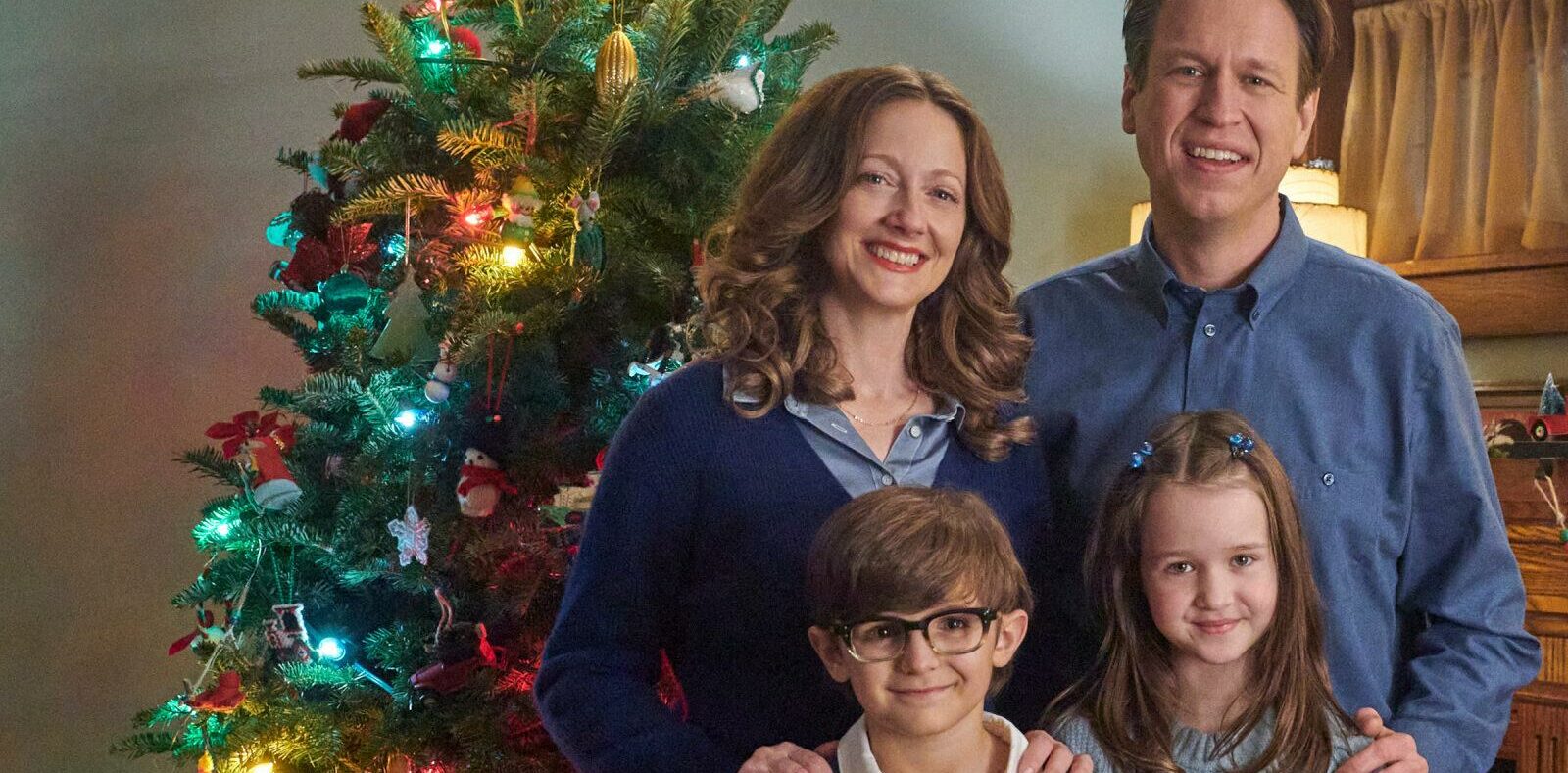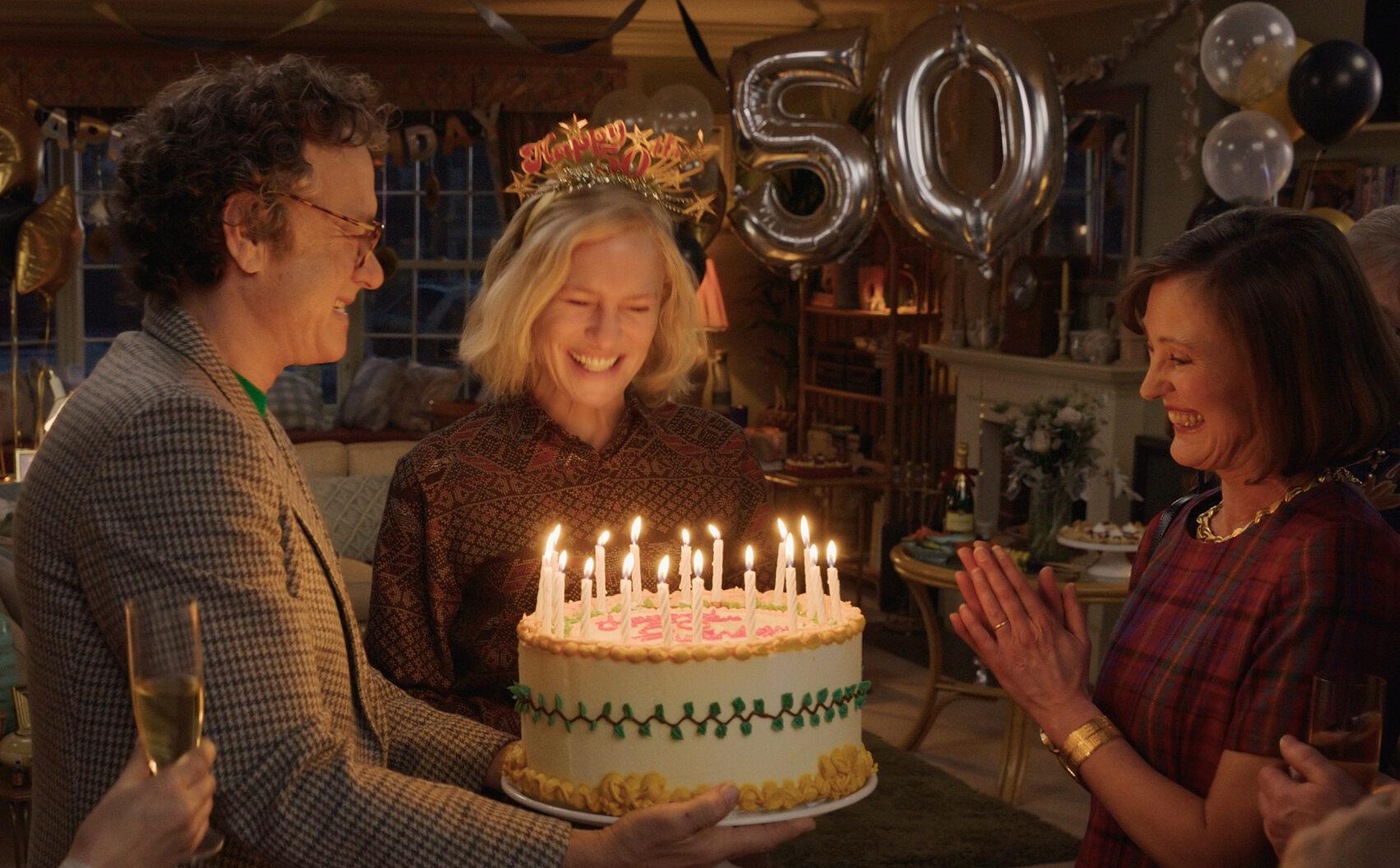VERDICT: Zoë Kravitz makes an impressive directorial debut with a twisty, topical thriller in the Jordan Peele/Ira Levin vein.
The timing couldn’t be better for a horror movie set on the private island of a mysterious tech billionaire, but there’s more to Zoë Kravitz’s Blink Twice than its zeitgeist appeal.
She and co-writer E.T. Feigenbaum (a writer on Hulu’s High Fidelity series, which starred Kravitz) have crafted a tense, twisty, and topical thriller that wrangles themes of trauma, class, and the fallout surrounding social and professional “cancellation” into a playfully served but serious-minded package. Comparisons to Get Out and The Stepford Wives will be inevitable, but Kravitz’s directorial debut stands on its own.
The mysterious tech billionaire is Slater King (Tatum) — years earlier, he withdrew from his company after apologizing for his behavior (the details of that behavior are never disclosed), but now has reinvented himself as a philanthropist and penitent bro, dutifully employing a therapist and raising his chickens in luxurious exile.
Frida (Naomi Ackie, Whitney Houston: I Wanna Dance With Somebody) finds herself drawn to King, so much so that she and roomie Jess (Alia Shawkat) ditch their cater-waiter uniforms and dress up to crash his fundraising gala. At the end of the evening, he spontaneously asks the pair if they’d like to join him and his entourage for a trip to his fabled island.
Controlled perfection is the rule on King’s Island, with champagne glasses constantly being refilled, the tastiest meals, the oldest wines, and the best drugs. Then there’s King’s posse: true to form for an actor taking their first crack at directing a feature, Kravitz has assembled an MVP ensemble, including Christian Slater (as King’s accountant), Simon Rex (the personal chef), Haley Joel Osment (a sitcom has-been and court jester), Kyle MacLachlan (the therapist), and Geena Davis (the frazzled mother-hen assistant).
Kravitz holds back on portents of doom, making us understand why Frida wants to stick around, even when Jess begins to suspect that something’s possibly rotten in paradise. Without revealing the first of several twists, suffice it to say that Frida also turns suspicious, as does fellow female guest Sarah (Adria Arjona). Once the women realize the darkness hidden in plainly moneyed sight, their only way to survive is to keep smiling, smiling, smiling in the midst of the powerful until they can figure out an escape.
Those smiles — in which Frida and others have to suppress their rage and horror and keep pretending like everything is fine — make for powerful survival shorthand, the performance of normalcy enacted by victims who can’t remove themselves from their victimizers. And thanks to the precision editing of Kathryn J. Schubert (a frequent collaborator to Michael Almereyda) and the periodic bursts of bass provided by composer Chanda Dancy (Devotion), the effect is chilling.
Ackie skillfully serves as an audience surrogate, conveying how much it means for this Black working-class woman to feel seen and to feel like she belongs among these movers and shakers. Meanwhile, Blink Twice doesn’t let viewers get ahead of her narrative, so instead of waiting for her to catch on to what the audience might have already surmised, Ackie is a companion on the spiral into terror.
Tatum, using his looks and charisma for mounting negative energy conduction, has rarely been summoned to inhabit this sort of on-screen darkness, and he makes it clear why an invitation from this billionaire would be so hard to resist. He also captures the curdled charm of the self-obsessed, the man who goes to therapy only to wrap his manipulative machinations into the language of the enlightened dude, one who knows countless ways to weaponize phrases like “I’m sorry” and “You don’t have to do anything you don’t want to.”
A scene-stealer in Richard Linklater’s Hit Man, Arjona once again imbues what could have been a by-the-numbers character with real depth and human insight; if Sarah and Frida meet as rivals, they eventually realize that the only way they’re going to survive is as a team, and their solidarity blows up the micro and immediate into a metaphorical nod to collective action against any number of destructive agendas of the super-rich.
In an era when the most high-profile thrillers seem to be riddled with jump scares or excessively complicated plots (that are either over- or under-explained), Blink Twice emerges as a true late-summer surprise, a witty genre film with more on its mind than surface excitement, that draws its sense of dread out of real-world pain without ever exploiting that pain, that serves as an evergreen reminder that if the party seems too good to be true, it is.

